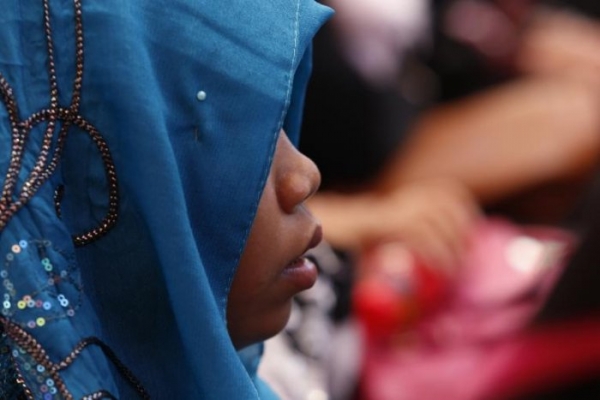The United Nations (UN) Secretary-General updated the United Nation Security Council on the situation of children affected by armed conflict in the Philippines during the period 1 January 2017 to 31 December 2019.
The report illustrates the grave violations committed against them by all parties to the conflict. It also presents the progress made in preventing violations and the evolution in the situation since the previous report which covered the period 2012 to 2016.
The listed 331 verified grave violations affecting 233 children in 2017 mostly occurred in the Lanal del Sur Province during the Marawi siege and are attributed to armed groups, such as the Bangsamoro Islamic Freedom Fighters (BIFF), the New People’s Army (NPA) and Islamic State-inspired groups. After the siege, violations decreased and 117 verified violations were reported in 2018 and 79 in 2019 respectively. The decrease can be attributed to the reduction of hostilities and the adoption of the Bangsamoro Basic Organic Law in 2018 which established an Autonomous Region in the Muslim-dominated island of Mindanao in January 2019. A considerable number of the reported violations,including the murrder or maiming of children, attacks on schools, child recruitment and use, resulted from clashes between armed groups and government forces or from improvised explosive devices (IEDs). According to the UN, Mindanao is the area mostly affected by violence against children with more than 90% of all verified violations occurred within the region, particularly in the Bangsamoro Autonomous Region in Muslim Mindanao and the Soccsksargen Region.
Particularly concerning is the high number of grave violations of children of indigenous communities in the Davao and Caraga regions as a result of the conflict between the NPA and regular armed forces. Children at schools run by non-governmental organizations were increasingly seen as NPA supporters and resulted in their being harassed, attacked or killed by the government security forces.
The report also documented the recruitment and use of 67 children. Armed groups continue to be the main perpetrators, although NPA asserted that it did not recruit children for direct participation in hostilities, in accordance with the 2012 declaration and programme of action for the rights, protection and welfare of children which allows to admit children as trainees or apprentices from the age of 15 years. However, the UN has documented the use in support or combat roles of 23 children (7 girls and 16 boys) by NPA. For instance, a 17 years old girl was used as part of a medical squad in an armed encounter in Davao Oriental Province and, in another example, a 15-year old boy was used in support roles and for fetching water for approximately three months in 2018.
Among all the grave violations, murdering and maiming of children remain predominant with 139 children affected. Teenage boys are more at risk due to their perceived better suitability for roles at the front lines. The report further shows that the number of child casualties has increased from the previous reporting period. It also notes the drastic increase of casualties caused by IEDs and explosive remnants of war: from 10 children affected in 2017 to 25 in 2019.
During the reporting period, 98 attacks on schools and hospitals occurred. The incidents involved both government security forces and armed groups but 64 incidents cannot be attributed. However, evidence shows that 28 attacks can be attributed to the government security forces.
In his statement regarding the evolution since the previous report, the UN Secretary-General welcomed the adoption of the Special Protection of Children in Situations of Armed Conflict Act in January 2019 which introduced a national monitoring, reporting and response system. Murder, maiming, torture, rape, recruitment and arbitrary detention are prohibited under the new law which are entrusts children to “zones of peace”. The UN Secretary-General also welcomed its inclusion of gender-sensitive provisions, through which girls are guaranteed access to education to reproductive health services in situations of armed conflict.
In its conclusion, the report recommends the government to enforce the prohibition of torture and other cruel, inhuman treatment. It thus urges the authorities to respect the standard regarding the children arrested and detained for reasons related to armed conflicts. The government is further urged to ratify the Protocol on Explosive Remnants of War to the Convention on Prohibitions or Restrictions on the Use of Certain Conventional Weapons. Finally, it calls on armed groups, in particular NPA, to immediately halt the recruitment of children in accordance with the Optional Protocol to the Convention on the Rights of the Child and to recognize the Paris Principles.
To learn more, please read:
https://undocs.org/en/A/74/845
Author: Silvia Luminati







